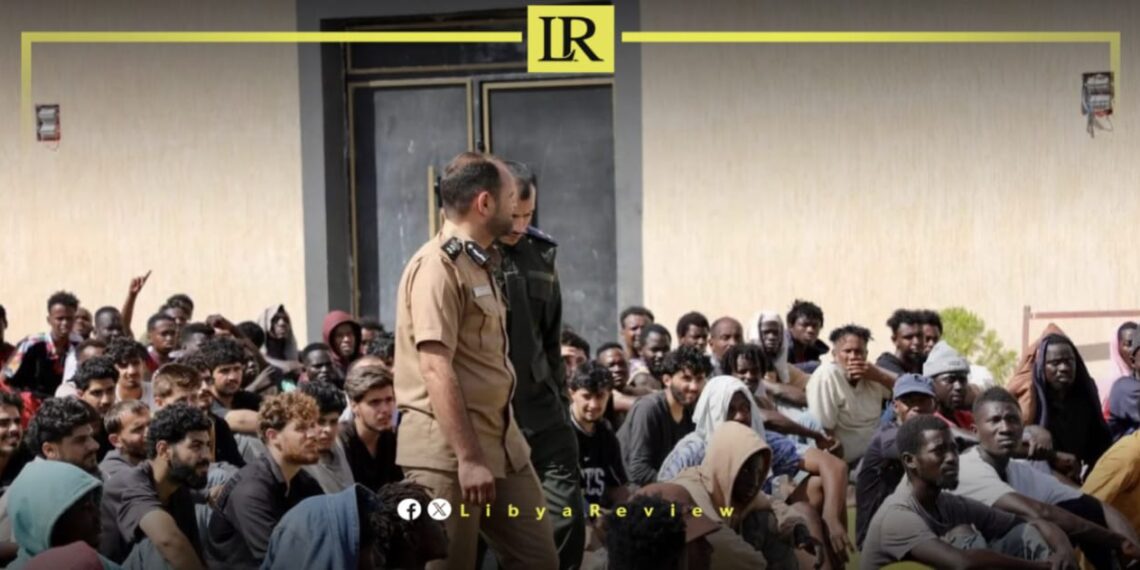International reports and Libyan rights groups have raised alarm over the conditions faced by irregular migrants in detention centres across the country, with particular focus on the Beir Al-Ghanem facility, south-west of Tripoli.
According to rights activists, who spoke to the Al-Sharq Al-Awsat newspaper, nearly all migrant holding sites in Libya are linked to serious abuses. However, Beir Al-Ghanem has been the subject of repeated complaints, particularly from Egyptian families claiming their relatives are being held there. Reports suggest that around 600 migrants from at least ten countries, many of them children and minors, are currently detained at the site.
A viral video posted by an Egyptian woman on Instagram appealed for urgent action, alleging that migrants at Beir Al-Ghanem were being pressured to pay ransoms in exchange for release. Similar accounts of mistreatment, including torture, overcrowding, lack of food and water, forced labour, and sexual violence, have been cited by international human rights organisations.
In response to mounting concerns, the National Council for Freedoms and Human Rights in western Libya confirmed it carried out a field visit to the Beir Al-Ghanem “temporary gathering and return centre.” The council reported finding 600 migrants from countries including Egypt, Morocco, Algeria, Tunisia, Syria, Iraq, Yemen, Afghanistan, Pakistan, Bangladesh, and several African nations.
The council acknowledged “grave humanitarian challenges,” including long detention periods caused by embassies failing or refusing to issue travel documents for repatriation. It called on foreign embassies to cooperate with Libya’s anti-migration authorities and urged the International Organization for Migration (IOM) to intensify voluntary return programmes.
Libyan authorities argue that most of the detainees were intercepted at sea by the Coast Guard after departing from Libyan shores or Tunisia’s Sfax. They stressed that despite limited resources, efforts are being made to ensure humane treatment in line with national and international standards.


